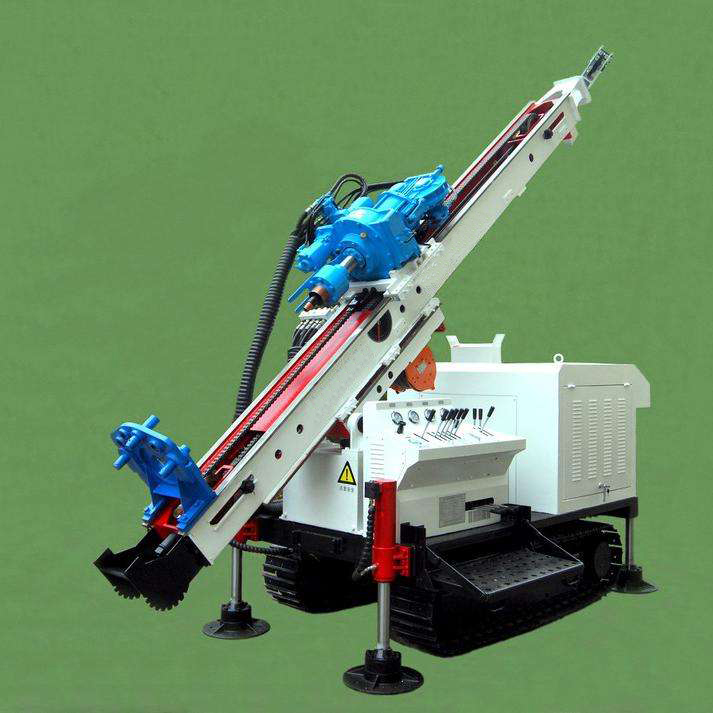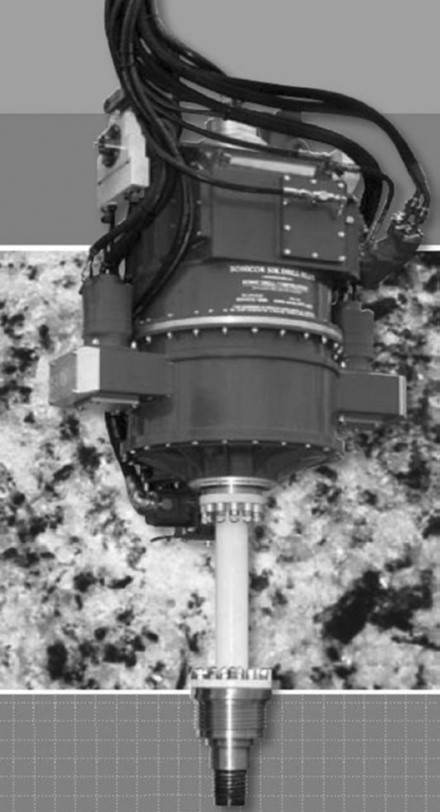Pillar said that for biodiesel manufacturers, the past four months can be described as a disaster. This is mainly due to two factors. First, the price of crude oil continues to fall, which is lower than US$50 per barrel, making it renewable. Fuels are less competitive than mixed fuels; second, consumers generally reduce their use of fuel due to the global economic crisis.
At the same time, in order to protect the country’s renewable fuel industry, EU countries have imposed high tariffs on US materials, which is the largest market for US biofuel manufacturers. Last year, the US sent 75% of its products to the European Union. area.
Pilla said that currently biodiesel manufacturers have seen their output drop by as much as 95% year-on-year, and they also have to wait for policy makers to end their current arguments.
Ultrasonic Drilling Rig For Geological Survey Investigation
Sonic drilling is a soil penetration technique that strongly reduces friction on the drill string and drill bit due to liquefaction, inertia effects and temporary reduction of porosity of the soil. The combination makes penetrating for a large range of soils easy for our Sonic rigs and tooling. The penetration rates in most bedrock are faster with this technology also.

At first glance, a SONIC drilling rig looks very much like a conventional air or mud rotary drill rig. The biggest difference is in the drill head, which is slightly larger than a standard rotary head. The head contains the mechanism necessary for rotary motion, as well as an oscillator, which causes a high frequency force to be superimposed on the drill string. The drill bit is physically vibrating up and down in addition to being pushed down and rotated. These three combined forces allow drilling -to proceed rapidly through most geological formations including most types of rock.

In overburden, the vibratory action causes the surrounding soil particles to fluidize, thereby allowing effortless penetration. In rock, the drill bit causes fractures at the rock face, creating rock dust and small rock particles, which facilitates advancement of the drill bit. In many instances the drilling and coring of rock and earth can be accomplished without the use of any drilling fluid whatsoever. This is an important requirement for environmental drilling projects. Compressed air, drill mud, or plain water can be utilized to remove the cuttings and speed up the operation further, depending on the application that the machine is used for.
The oscillator is driven by a hydraulic motor and uses out of balance weights to generate high sinusoidal forces that are transmitted to the drill bit. An air spring is also incorporated in order to confine the alternating forces to the drill string. The frequency can be varied to suit operation conditions and is generally between 50 and 160 hertz (cycles per second). As a comparison, ordinary household current in many countries alternates at 60 hertz. This frequency range falls within the lower range of sound vibrations that the human ear is capable of hearing.
While the principle behind the SONIC drill rig appears complicated, the machine is actually very simple to operate. The driller only adds vibratory energy to the normal rotary motion. He simply chooses a frequency that gives him the best drilling rate or best core recovery, as the case may be.
Ultrasonic Drilling Rig for Geological Survey Investigation,Geological Ultrasonic Drilling Rig
Henan YK Prospecting Machinery Co., Ltd , https://www.yydthdrillingrig.com